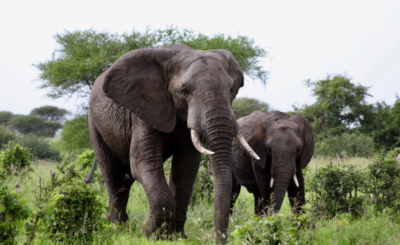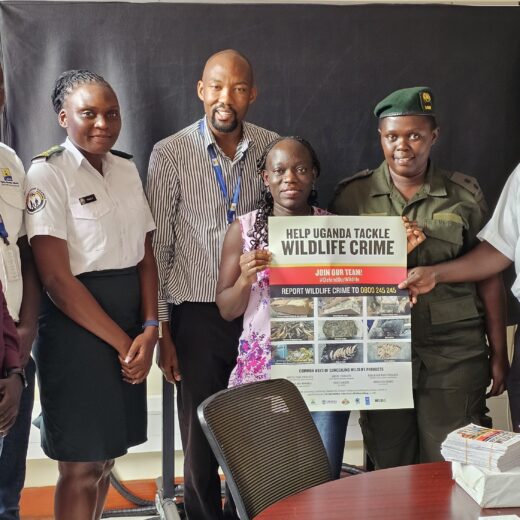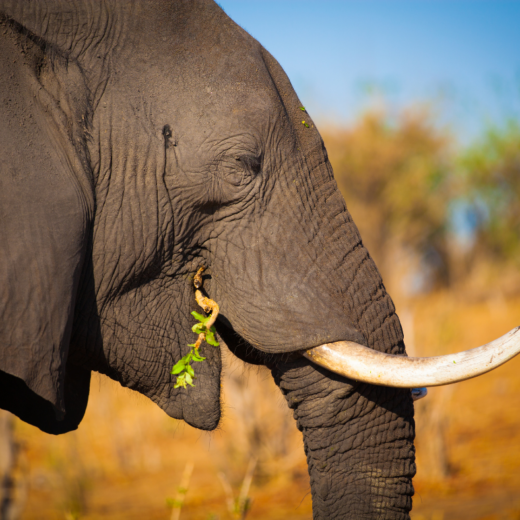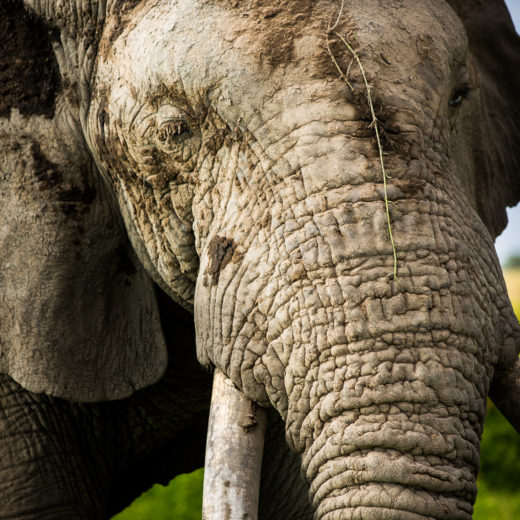
Beginning in July, Japan will require ivory dealers to prove, via carbon dating, that ivory specimens were legally acquired. Until now, owners did not need to provide verifiable proof of how, when or where the elephant tusk was obtained.
“This is a very positive step in the right direction,” said WildAid CEO Peter Knights. “As Japan’s ivory registration process has only found a fraction of ivory known to be in the country, the next logical step to lower ivory prices worldwide and help protect elephants would be to close the domestic ivory market in line with China and the U.S.”
While the U.S., UK, and China, including Taiwan and Hong Kong SAR, have all closed their domestic ivory trade, Japan is the only major remaining legal market for ivory. Ivory hanko, or name stamps, accounts for 80% of all ivory products consumed in the country.
“By shutting down the movement of ivory of unknown origin, the domestic market is moving closer to an effective closure,” Environment Minister Yoshiaki Harada said at a press conference on March 22.
WildAid welcomes the minister’s statement and hopes Japan will continue towards a complete closure of its domestic ivory market as soon as possible.
“A final closure of all major legal markets would be truly historic and instantly bolster Japan’s environmental image worldwide, especially if the end date were to be announced in advance of the 2020 Olympics when all eyes will be on Japan,” said Knights.
Since 1970, Japan has imported ivory from more than 250,000 African elephants, much of this from tusks illegally acquired through the poaching of wild elephants, which were then provided legal paperwork by CITES. Japan has twice been granted permission to legally buy ivory despite the CITES 1989 ban on international commercial trade in African elephant ivory, which was adopted in response to the global elephant poaching crisis of the 1970s-80s. In 1999, Japan secured CITES-approved ivory sales of nearly 50 tonnes of ivory from Zimbabwe, Botswana, and Namibia. In 2008, Japan was allowed to import a further 48 tonnes of ivory.
WildAid is working in Japan to support any government effort to end the trade and address the remaining demand for ivory, and in particularly hankos, with a new campaign set to launch later this year. Hankos were traditionally made from ivory, but the economic boom of the 70s and 80s prompted carvers to switch, and many people purchased whole ivory tusks believing it to be an investment. With digitalization, the use of hankos for formal documents seems likely to become obsolete.
In 2012, WildAid launched a massive campaign to reduce ivory demand in China, the world’s largest market, in partnership with Save the Elephants and African Wildlife Foundation. As a result, public awareness of the poaching crisis increased 50% in the first two years, and in 2014, 95% of those polled supported banning the ivory trade.
Since then, wholesale ivory prices in Hong Kong SAR and China dropped as much as 78% between 2014 and 2016, and ivory seized coming into China fell by 80% in 2016. Data from Hong Kong SAR also shows a stark decline in ivory seizures: 370 kg of ivory in 2018, down from 7,600 kg in 2017.
Stay in touch and get the latest WildAid updates.
SIGN UP


